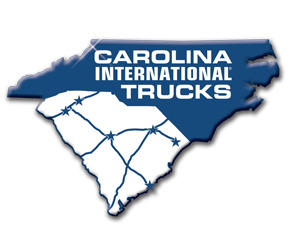Where to Start Getting Certified as a Heavy Truck Technician
The trucking industry is going through a lot of changes, both for drivers and mechanics. The increase in safety-related mandates and the growing popularity of hybrid add-ons means that not only is there a shortage of mechanics who are familiar with how to fix and maintain the new parts, there is a shortage of mechanics certified to work with them.
Why do certifications matter?
At the end of the day, they're required for business. Whether your company mandates certification for certain positions or you need a surefire way to compete in the job market, having the right certifications gives you the know-how and a good starting point for a great reputation. Certifications also matter if you want to contract with larger distribution companies: they often require technicians to be certified across many general areas or a high-demand specialty area, and this is even more true for government agencies.
Where should you start?
ASE certifications, from the National Institute for Automotive Service Excellence, certifies technicians in specific fields. One category of their examinations focuses on heavy diesel equipment. Provided you can troubleshoot problems in everything from brakes to heating, you can earn ASE certification to either get hired at a good job or negotiate a better position than you currently have. This is especially true if you keep taking certification exams within the heavy trucking category: having six ASE certifications makes you eligible for Master Technician status.
While maintaining and repairing heavy trucks requires experience and practical know-how, it increasingly requires certifications and records proving your knowledge. Go to Carolina International for more information about today's requirements for heavy truck technicians and changes in the industry.


